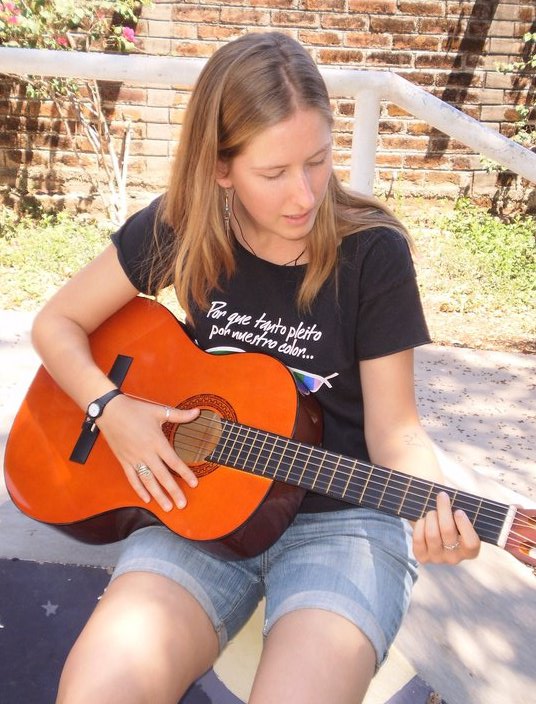Families. Families are really important. Families are especially important to young people. Housing becomes home (or doesn't) based on the support and love created by a family.
Yesterday I was privileged to spend the morning at the White House Conference on LGBT Housing and Homelessness at Wayne State University (here in Detroit). As I sat and listened to the panels - first, a panel made up of four high-level members of the Obama Administration (HUD and HHS in particular) and the SE Michigan US Attorney; then the directors of three programs whose work focuses on providing housing and wrap-around services to homeless LGBT youth - I was struck by just how important it is that we meet not only the immediate needs for shelter among (in particular) young people, but also the emotional needs.
Queer youth make up about 7% of youth, nationally, yet a full 40% of homeless youth are LGBT-identified. At least half of those are homeless because they have been directly rejected by the very support network that is supposed to play a positive role in human development - family. Often, queer youth are further victimized within the systems that are set up to serve them, pushed into the adult shelter system at 18 or 21, frequently lacking, as the director of the Ali Forney Center attested, some of the developmental skills that a lot of us get more-or-less by osmosis. The trauma of rejection is compounded by having to navigate systems just to have needs met. I don't begin to know what this is like. Every family has internal dynamics, of course, but I never had to fill out paperwork to get face time with my folks or have an ID to be granted entry to my house at night. Nor have I ever been told that 40F isn't actually too cold to sleep outside, as is the case in many cities without cold weather laws.
And to be clear - for some youth, leaving home is life saving, preventing either further abuse or contemplation of suicide. But that lack of a supportive home space with people who love them (whether it starts at the point of leaving or long before) has long-lasting impact.
Fast forward to last night and the Grace in Action monthly immigration movie night. We watched Under the Same Moon (trailer), a movie that follows a mother and son who have been separated for four years, because the mom lives and works in LA and the son, Carlitos, lives in Mexico. They, too, are separated, albeit for different reasons than many LGBT youth are separated from their families. After the film, we had a small discussion of the situations presented. During the conversation, a woman I've spoken with a few times at other events spoke up: "Yo me identifico mucho con la mamá en la pelicula - tengo nueve años de no ver a mis tres hijos mayores." (I really identify with the mom in the movie - I haven't seen my three oldest children in nine years.) A ton of bricks doesn't begin to describe. And none of her kids is even my age - the oldest is just younger than Ella.
In talking with her and her husband afterward, I learned that they are from just a couple hours away from Suchitoto. We were talking, laughing, sharing memories and stories and she asked if, whenever I'm there next, I would visit her children. Another ton of bricks. I hope to be able to do this, but it made me once again SO aware of the privilege I have as a citizen of the US. I can come and go as I please, but she cannot nor can her husband. And so they are separated. And their older kids have three siblings here whom they have never met. Separation.
In the film, one of the older characters reminds Carlitos, in a moment of deep despair, that nobody chooses to live this way - everyone has a reason. Usually that reason is a child or a parent.
We have to start and keep having conversations about the situations that push people to make unbearable decisions and live in unbearable situations of separation. We have a role to play in remaking our immigration and housing systems. At the intersections of policy, faith, and community education, we need to plant ourselves and invite others into conversation about how deeply separation hurts individuals, families, and society.
La Misma Luna and the White House Conference did not, at the surface, seem to have a lot in common. Yet there was a common thread throughout the day of the damage done by rejection and family separation, and the important of building loving networks of support around those who, for whatever reason, have been separated from family. Let us continue to be about this as the seasons turn.
Saturday, March 10, 2012
Threads of separation and supportive networks
Labels:
community,
Detroit,
family,
identity,
immigration,
poverty,
privilege,
solidarity,
United States
Subscribe to:
Post Comments (Atom)

No comments:
Post a Comment